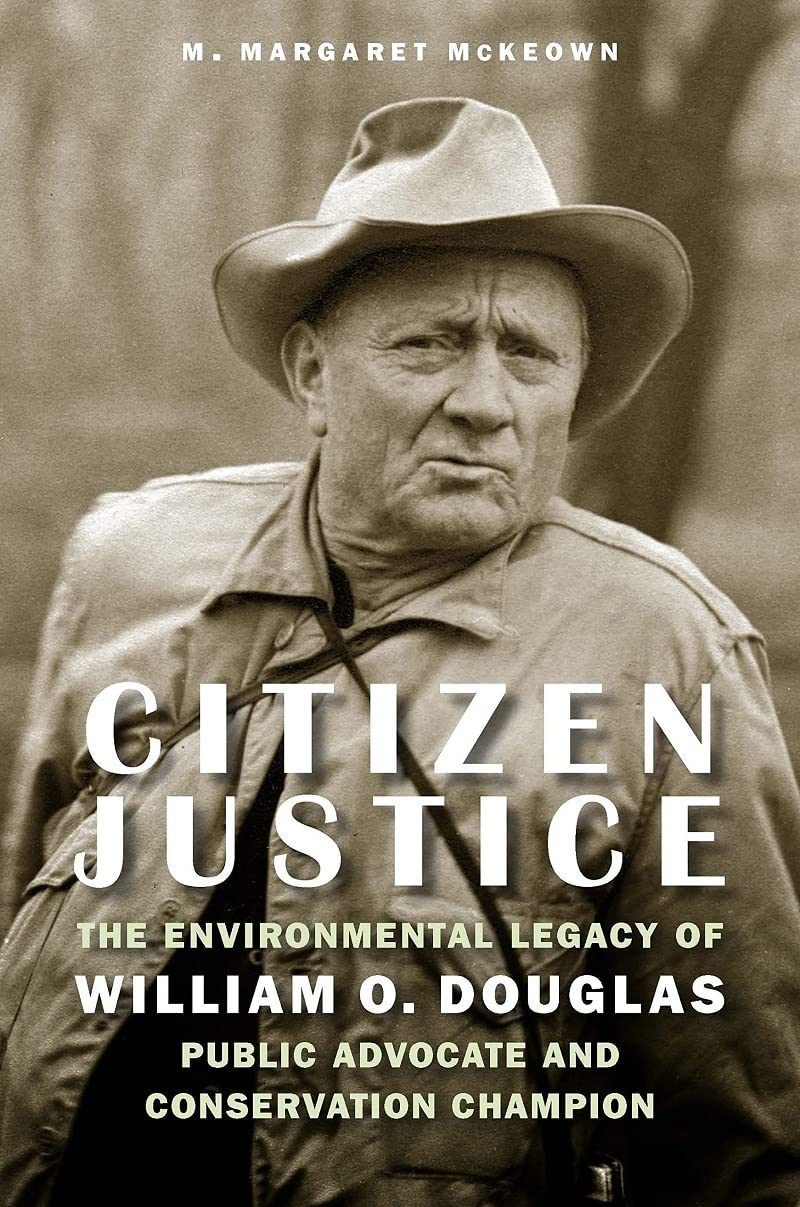The focus of much of Douglas’s public advocacy and behind-the-scenes lobbying was to prevent the Army Corps of Engineers from constructing dams that would detract from the beauty of the rivers on which they were built. While nominally promoted as means of avoiding flooding and providing cheap electricity, many of these dams were classic “pork barrel” projects supported by one administration or another as part of securing the votes of local senators and representatives for other legislation. Douglas’s animosity toward the corps’s dam works was no secret. In 1969, he wrote an article for Playboy denouncing the corps under the title “The Public Be Dammed.” Mincing no words, he declared, “The Corps has no conservation, no ecological standards…. And when it finishes, America the beautiful is doomed.”
Much of Douglas’s success in preventing the building of some (though not all) dams arose, however, from his close association with President Kennedy’s secretary of the interior, Stewart Udall. Douglas and Udall became close friends, taking numerous hikes together as well as exchanging a voluminous correspondence. Leaving nothing to chance, Douglas also went hiking and fishing with Bobby Kennedy. The result was the passage, with President Kennedy’s strong support, of the Wilderness Act of 1964, which designated 9.1 million acres as protected wilderness and created the process for future designations.
Given all this proconservation activity, Douglas might have recused himself from cases before the Supreme Court that raised challenges to conservation measures. Since 1948 (nine years after Douglas went on the bench but twenty-seven years before he retired), Supreme Court justices have been required by statute to recuse themselves when their “impartiality might reasonably be questioned.” But it was, and still is, left to the individual justice to make this determination, without scrutiny from any of the other justices or other authority. Douglas believed that his advocacy of conservationist policies in no way disqualified him from deciding issues of law. Theoretically, this might have been true, but in reality the two cannot so easily be separated, especially when emotionally charged issues are involved. And in environmental cases, Douglas’s very strongly held views frequently led him to conclusions inconsistent with what the law seemingly required.
